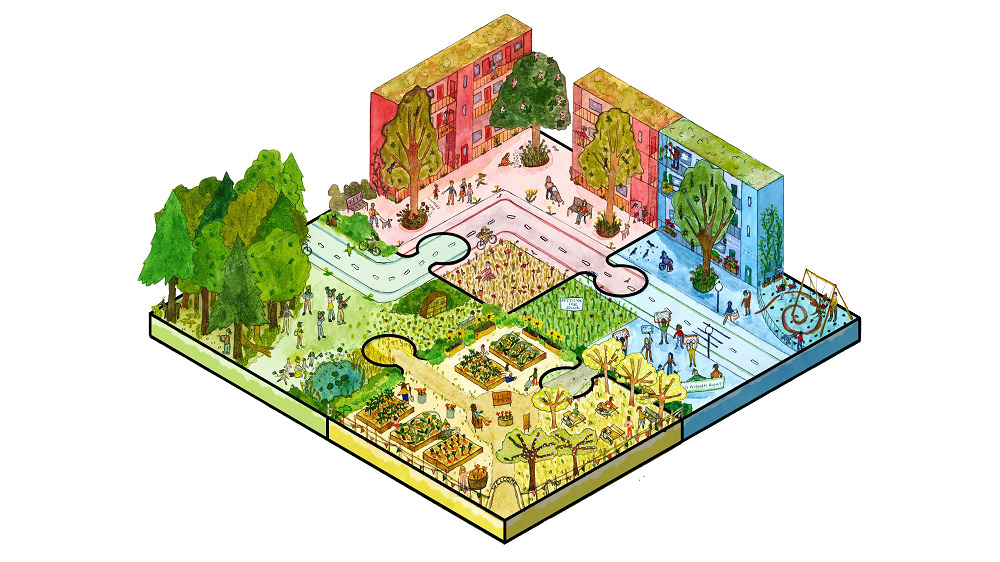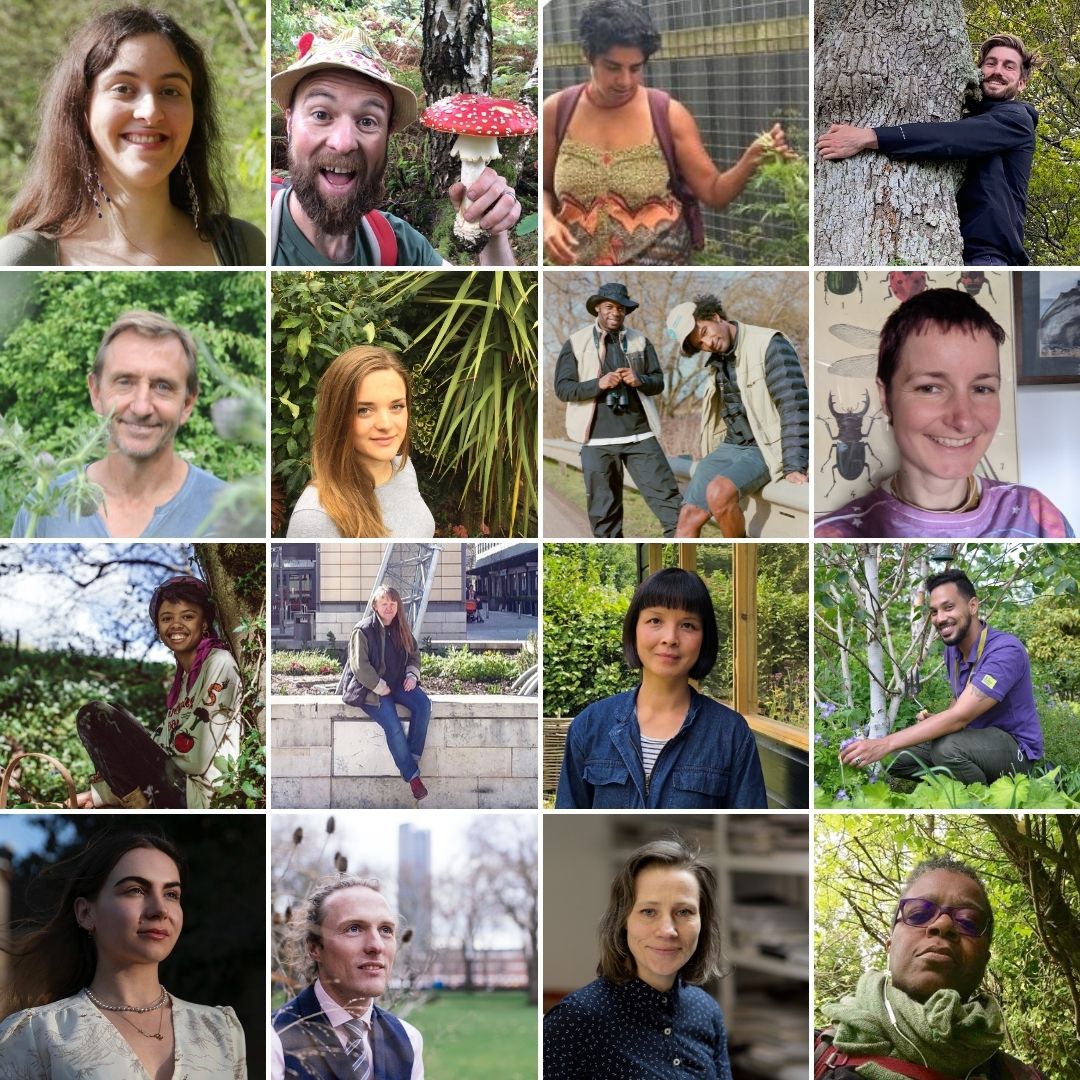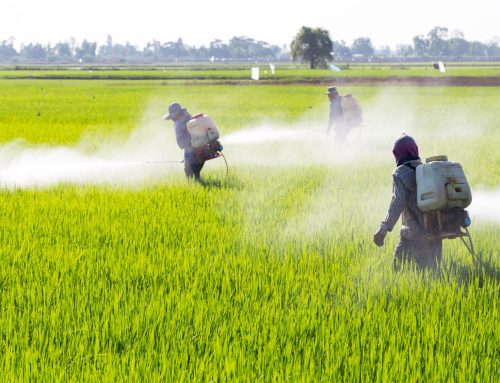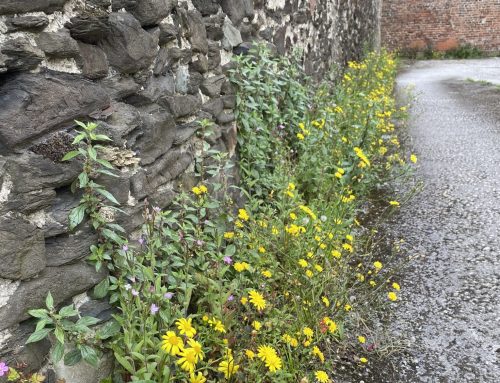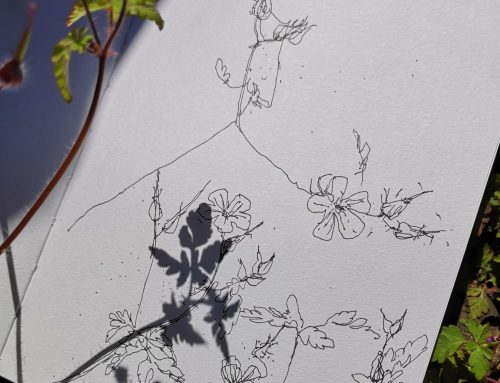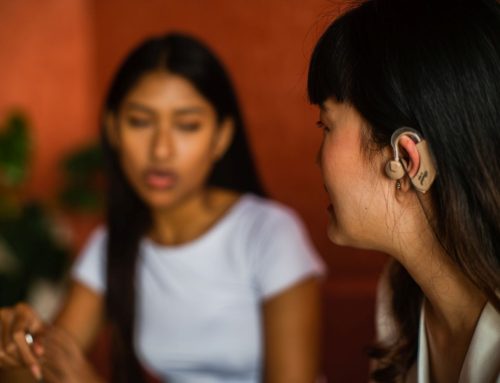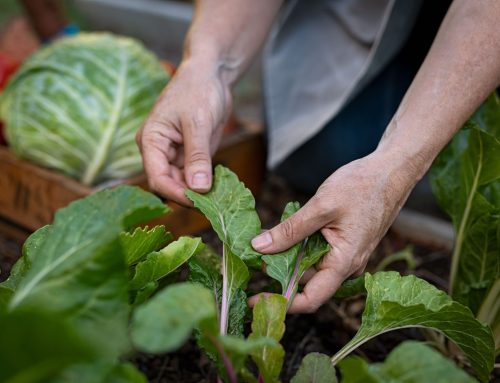by Emma Pavans de Ceccatty, Pesticide-Free Towns Campaign Manager, PAN UK
Our recent series of talks Reassembling Our Cities brought together 16 inspiring speakers to celebrate the diversity of nature in our cities and gardens, and the incredible projects that these speakers have set up to promote and protect it.
Our Resilient Neighbours and Space for Us All gave botanists, mushroom enthusiasts, ecologists, biologists, and conservationists an opportunity to share their favourite urban plant and wildlife species and highlight how much there is to see, hear, smell, touch and even taste just on our doorsteps! From the humble, but incredibly resilient dandelion, to rare orchids spotted on bank roofs and near fast-food restaurants, and mushrooms popping up in carparks there is an incredible wealth of plants and fungi to admire just on our walks to the bus stop. Insects rely on these green networks to navigate our cities and to survive ever-increasing conflicts for space. In turn, our urban birds, mammals, reptiles and amphibians feed on them and have a better chance to thrive.
Connecting to this local biodiversity in our daily lives has the potential to transform our days and bring wonder to mundane moments. Our guests also highlighted how important it is to engage people with nature as ‘out of sight’ turns into ‘out of mind’ and that leaves our urban wildlife in an increasingly vulnerable position. In view of this, Connecting Communities and Abundant Green Networks’ asked campaigners, community growers, urban designers and an environmental lawyer to explore the ways in which we can create more green spaces and ensure access to these spaces by different communities.
There is a critical lack of access to green spaces for certain groups, most often people living in low-income areas, yet gardens and wild spaces have been shown to be crucial for our mental and physical wellbeing. These spaces also build social connections and increase community resilience. Our speakers demonstrated ways in which they have started to reclaim space through guerrilla gardening, growing food in community spaces, rewilding brown patches, or simply protecting an ancient tree from being chopped down. These are all initiatives where people have taken matters – in this case: soil, shovels and plants – into their own hands to green what were previously forgotten corners.
Community gardens and green spaces aren’t true assets unless they are led and managed by their local communities, reflecting their diverse needs. These can then become flourishing spaces that residents are proud of, cultural assets where biodiversity becomes integral to the soul of a community. This series of events has been an opportunity for PAN UK to highlight the fact that pesticide use on our pavements, playgrounds, parks and other green spaces, continues to undermine individual, group and community efforts to encourage urban biodiversity. UK cities are homes to increasing populations and it’s crucial that our cities are greener, wilder spaces that are inclusive to all. Going pesticide-free is the first step in protecting our green spaces and helping nature
flourish.
Watch the series of talks online or find out more about our Pesticide-Free Towns Campaign.
And sign our petition to ban the use of pesticides in our towns and cities.

